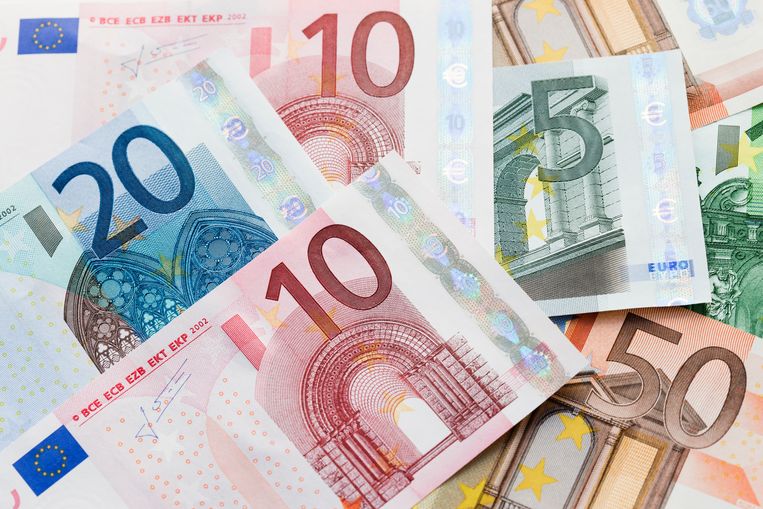More than half of assets in Belgium are owned by the richest ten percent. This is a lot, but it still makes our country one of the most equal countries in the world.
Belgians are generally very wealthy. Through various international studies, we consistently appear in the list of the richest ten percent in the world. We all have 2,916 billion euros in our country, or 2,916,000,000,000 euros. About two-thirds consists of real estate (land and buildings), and the other third consists of financial assets (money, stocks, bonds, etc.). In other words, this means that each family owns an average of 572 thousand euros.
This is a frequently cited number, but it is a significant distortion of reality. After all, wealth is distributed much more unevenly than income. Income is what someone earns from labor or capital. Assets are the total amount of assets minus debts.
Half of Belgian households have an average capital of “only” €80,047. In fact, the poorest ten percent have negative equity of 15,438 euros, that is, debt. At the other end of the spectrum, we see that the richest ten percent – around 510,000 households – have an average wealth of just under three million euros. For the richest 51,000 families, the average is 8.6 million euros. Or to explain it another way: the richest ten percent have an average wealth that is 107 times higher than the average wealth of half of Belgian households.
This data comes from international research conducted by French economist Thomas Piketty, an expert on inequality, and his team. They point out that there is a large gap in almost all countries of the world between those with the highest incomes and people who belong to the lower classes.
In terms of income, it appears that of the 177 countries surveyed, South Africa is the most unequal country in the world: the top 10% of earners receive 65% of total income, while half the population receives only 6% of total income. Enter . Among the most unequal countries we find mainly many African countries. Among the least unequal countries, European countries take the crown: in Slovakia, the top ten percent of earners receive 26 percent of total income.
Belgium is also among the best in the class at 33 percent: it ranks 15th in the world. This is not unreasonable: due to the strong emphasis on developing the social safety net, high taxes and social security contributions are paid in our country and many other Western European countries. This ensures that the gap between the best and worst earners is bridged to some extent.
Clearly, inequality lies at the origins. This has to do with the fact that assets are passed from generation to generation and therefore tend to grow. Moreover, there is also less breakeven in the form of tax: inheritance and gift tax rates are much lower than those for employment tax.
From an international perspective, Belgium is still in an excellent position: it ranks fourth in the rankings of the least unequal countries in the world. In the leading Netherlands, the richest ten percent own 48 percent of total wealth. South Africa is also at the complete opposite extreme here: the richest ten percent of the population own at least 86 percent of total wealth, leaving just 14 percent for the remaining ninety percent. Western countries also provide a good example in this area. Although there is still a big gap here.
In contrast to other European countries, in Belgium we see that the gap has not widened over the past 30 years: the richest ten percent have owned roughly the same share of wealth in our country for years. In neighboring countries, Germany and France, we see an increase: the richest ten percent there get a bigger piece of the pie. If everything remains the same, this will not change quickly in the coming years, on the contrary.
The chasm
Is achieving success still a matter of hard work, or is it more about where you were born? How deep is the gap between the haves and have-nots in Flanders? What if you had to start the race from the back? How can we bridge the gap? De Morgen looked into the matter.

“Coffee buff. Twitter fanatic. Tv practitioner. Social media advocate. Pop culture ninja.”











More Stories
Strong increase in gas export pipeline from Norway to Europe
George Louis Bouchez still puts Julie Tatton on the list.
Thai Air Force wants Swedish Gripen 39 fighter jets